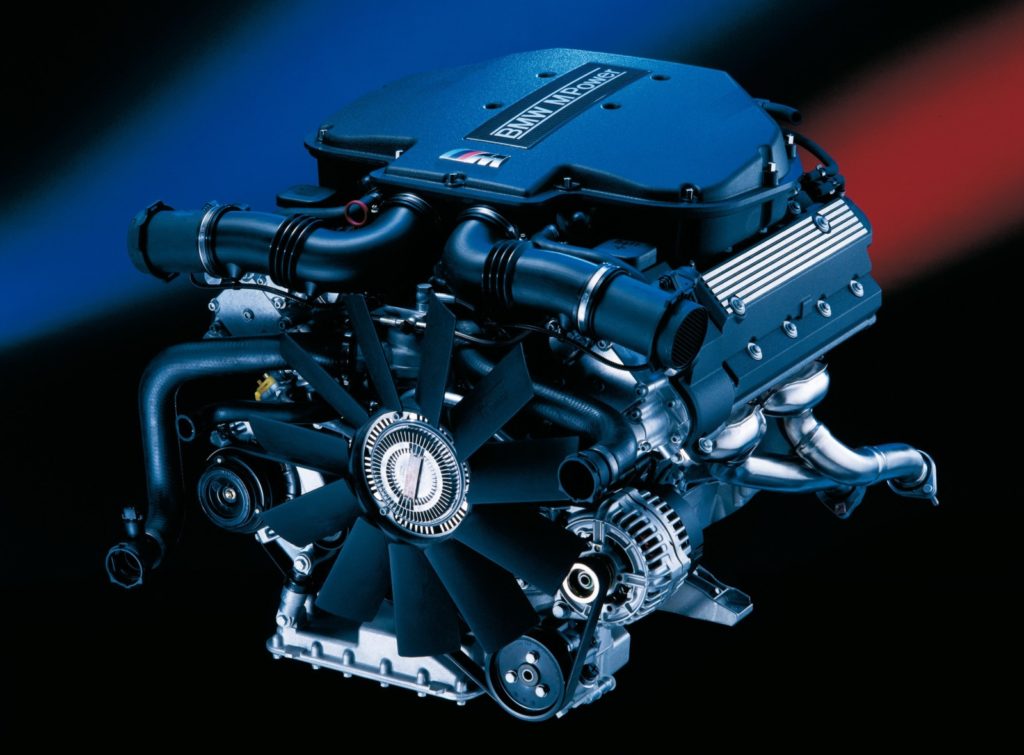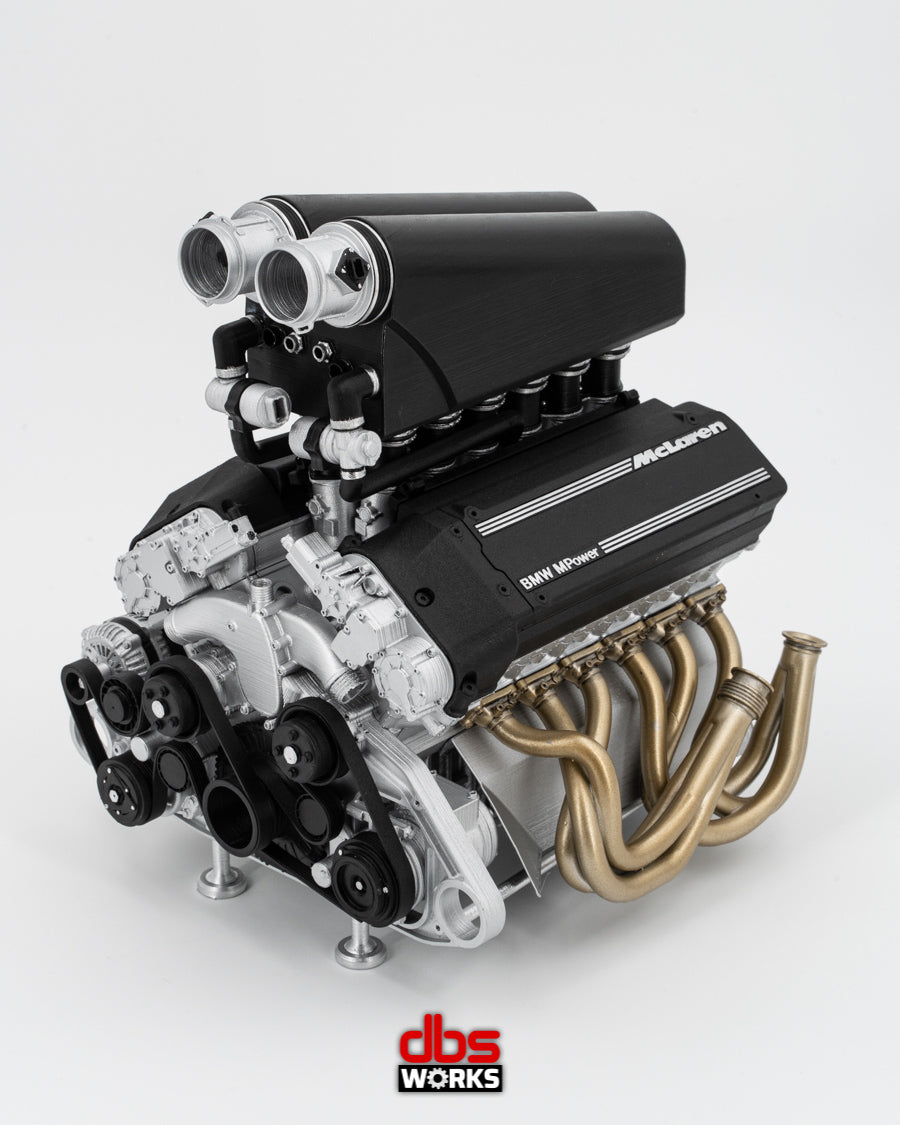Introducing the Intricacies of Next-Generation Power Units: a Deep Dive Into Advanced Engine Designs and Developments
As we stand on the precipice of a new period in transportation, the intricacies of next-generation engine styles beckon us to check out the cutting-edge modern technologies and developments that assure to redefine the driving experience. Delving much deeper into the realms of exhaust control, intelligent engine monitoring systems, and the horizon of power system growth, we find ourselves on the cusp of an improvement that guarantees to improve the landscape of mobility as we recognize it.
Evolution of Engine Materials

The shift in the direction of progressed engine materials has additionally enabled designers to create engines with greater power outcomes while preserving gas performance standards. For instance, the use of light-weight products reduces the overall weight of the engine, resulting in enhanced fuel economic climate and lower discharges. Additionally, developments in materials technology have allowed for better thermal monitoring within engines, causing raised integrity and long life.
Turbocharging and Supercharging Technologies
Just How do Turbocharging and Supercharging Technologies change engine performance and efficiency in modern-day automobiles? Supercharging and turbocharging are modern technologies that substantially enhance engine efficiency by increasing the quantity of air intake into the burning chamber. Turbocharging attains this by using a turbine driven by exhaust gases to pressurize the consumption air, while turbo charging makes use of a belt- or chain-driven compressor to achieve the very same impact.
These technologies make it possible for smaller, more fuel-efficient engines to generate power equivalent to bigger ones, understood as downsizing. Forcibly even more air right into the cyndrical tubes, turbocharging and supercharging improve burning efficiency, causing increased horse power and torque result without a considerable increase in engine size. This brings about much better velocity, towing ability, and overall driving performance.
In addition, turbo charging and turbocharging add to enhanced gas performance by allowing the use of smaller engines that eat much less fuel under typical driving problems - bmw engine. This combination of improved efficiency and effectiveness has made turbocharging and turbo charging important elements of several contemporary engine layouts
Exhaust Control and Environmental Influence
With increasing worldwide concerns pertaining to air high quality and environmental sustainability, the execution of emission control innovations in lorries plays a vital duty in minimizing harmful pollutants released into the environment. Modern automobiles are furnished with innovative exhaust control systems that aid decrease the ecological influence of auto procedures. Catalytic converters, for circumstances, are made to transform poisonous gases such as carbon monoxide gas, nitrogen oxides, and hydrocarbons right into much less unsafe materials like co2 and water vapor.
Moreover, innovations in engine modern technology, such as the assimilation of exhaust gas recirculation systems and discerning catalytic decrease, have actually dramatically added to decreasing discharges. These innovations function in tandem to maximize burning effectiveness and lessen the launch of dangerous toxins into the air. Furthermore, the advancement of hybrid and electric vehicles represents an essential step in the direction of reducing the overall environmental footprint of the transport market.
Intelligent Engine Monitoring Equipment

Moreover, these systems allow lorries to satisfy stringent exhausts standards without endangering efficiency, offering an extra ecologically pleasant driving experience. The combination of expert system and artificial intelligence capabilities in engine monitoring systems proceeds to push the borders of what is possible, causing further enhancements in performance, reliability, and overall lorry performance. bmw engine. As vehicle modern technology advances, intelligent engine monitoring systems will play an important duty in shaping the future of transportation in the direction of a more reliable and sustainable direction
Future Trends in Power System Development
As intelligent engine monitoring systems lead the way for improved control and optimization in modern-day vehicles, future trends in power system growth are positioned to redefine the landscape of automotive propulsion innovations. Among the crucial fads driving development in power system growth is the change in the direction of electrification. With a raising concentrate on sustainability and lowering carbon exhausts, crossbreed and electrical powertrains are coming to be more prevalent in the auto sector. These different power sources offer improved efficiency and performance while aligning with strict environmental policies.
An additional substantial pattern is the assimilation of innovative products and producing techniques. Lightweight materials such as carbon fiber and light helpful site weight aluminum are being made use of to reduce general automobile weight, improving fuel efficiency and performance. Furthermore, developments in 3D printing and additive manufacturing are allowing the manufacturing of complex engine elements with greater accuracy and resilience.
Additionally, expert system and artificial intelligence are playing an important role in maximizing power device performance. These technologies permit real-time tracking and flexible control, bring about extra effective and reliable power distribution. In general, future patterns in power device advancement are geared towards sustainability, efficiency, and efficiency, driving the vehicle industry towards a new age of propulsion technologies.

Verdict
In final thought, the advancements in engine materials, turbocharging, discharge control, and intelligent administration systems have paved the way for next-generation power systems. The elaborate styles and developments in modern engines display the continuous development of auto technology.
Checking out the dynamic developments in engine materials has actually been pivotal in improving the efficiency and efficiency of modern-day engines. Over the years, the evolution of engine materials has actually played an important duty in pushing the borders of what engines can achieve.The shift in the direction of progressed engine products has actually also made it possible for designers to design engines with greater power results while preserving gas performance criteria.The application of smart engine administration systems in modern vehicles has actually changed the means engines are regulated and optimized for efficiency and performance. By gathering data in real-time and examining it with innovative algorithms, intelligent engine administration systems can adjust to driving designs, environmental aspects, and engine wellness to take full advantage of power outcome while minimizing gas intake and exhausts.